The Lincoln Motor Company went all-truck for its North American offerings in the 2021 model year, announcing the death sentence for the Continental and MKZ sedans in 2020. The MKZ was the sibling to the Ford Fusion and Mercury Milan (the latter car discontinued in 2011 when the entire Mercury Division got the axe), but it wasn’t called the MKZ for its first model year of 2006. For that one year, it was given a name with deep resonance in the Ford Empire: Zephyr. Here’s one of those cars, found in a Denver boneyard recently.
Ford’s first use of the Zephyr name came when Edsel Ford spearheaded the creation of the futuristic-looking Lincoln-Zephyr for the 1936 model year. The Lincoln-Zephyr packed a flathead V12 engine under its hood, which is the same engine that turned a Model A Ford into a Cadillac-passing hot rod in the 1955 Charlie Ryan song “Hot Rod Lincoln” (the better-known 1971 cover version by Commander Cody and His Lost Planet Airmen inaccurately refers to the Lincoln engine as a V8; ex-Commander Cody frontman—and Iggy Pop’s high school classmate—Bill Kirchen still makes the V8 claim but he’s earned the right by now).
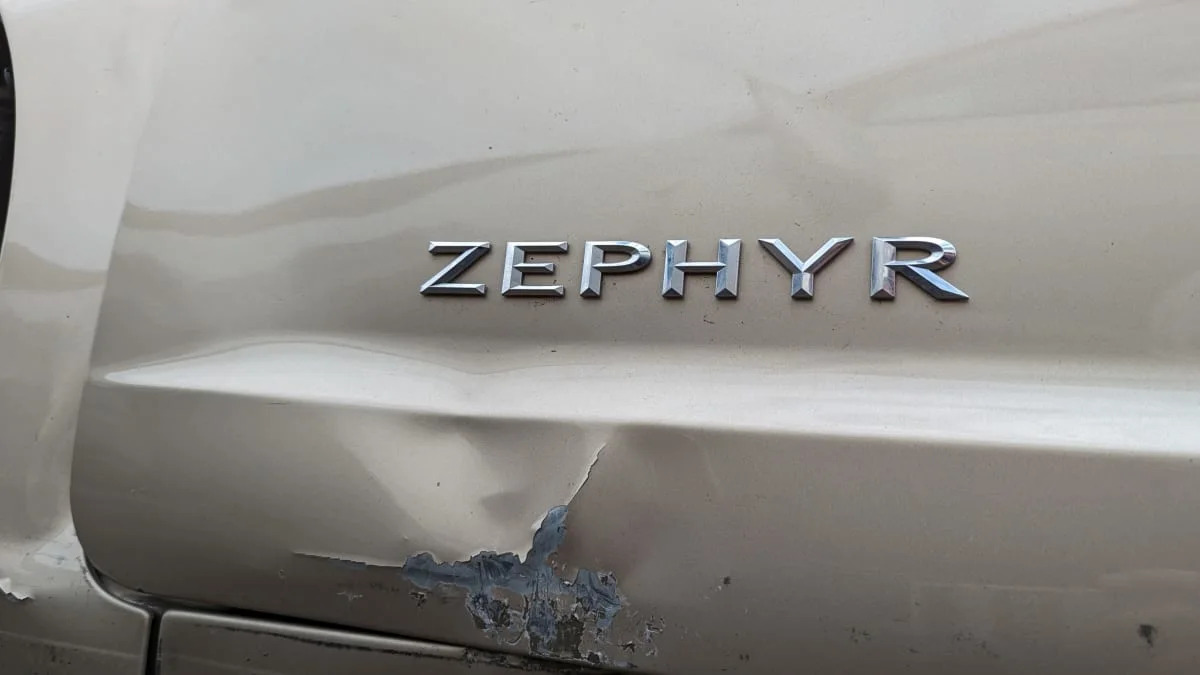
The Zephyr name disappeared from the Lincoln lineup after 1942. In 1950, Ford of Britain revived the Zephyr name for use on a Dagenham-built saloon; British Zephyr production continued through 1972, and left-hand-drive versions of the Ford Zephyr were sold in the United States from the 1952 through 1964 model years. Mercury finally got the use of the Zephyr name, for the 1978 through 1983 model years, on the Mercury-badged sibling to the Ford Fairmont. A Chinese-market midsize luxury sedan built by Changan Ford was given the Zephyr Reflection name prior to launch, but it hit showrooms last year as the Lincoln Z. So much history in the junkyard!
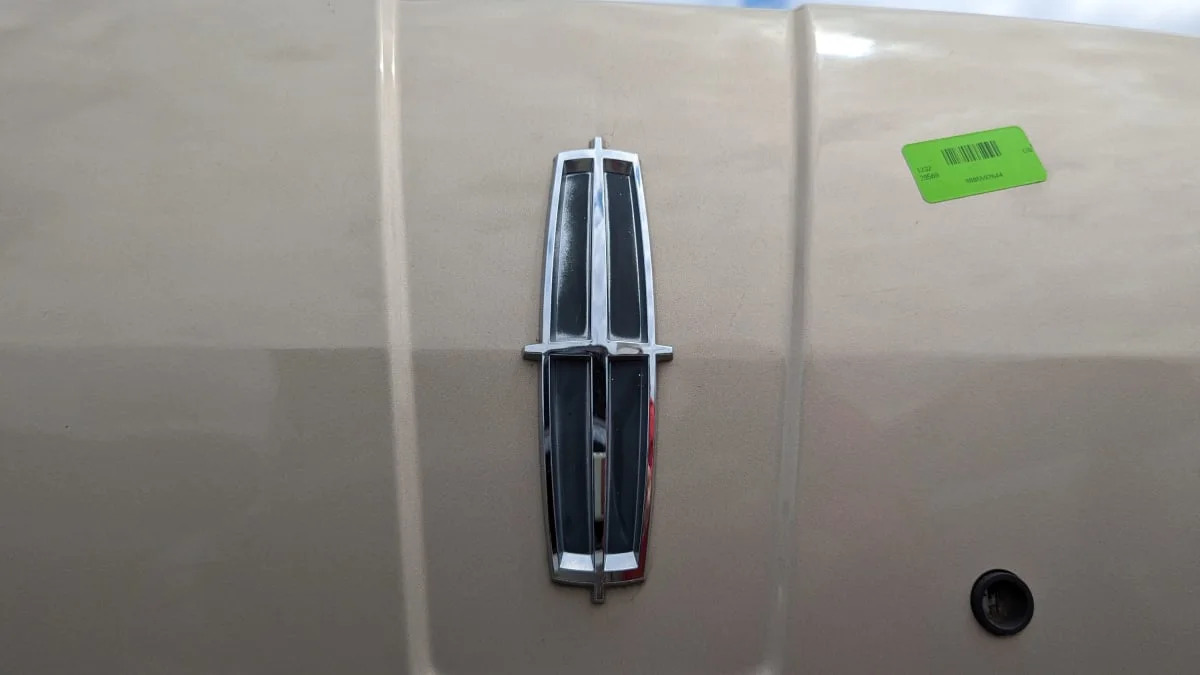
The saga of the name change from Zephyr to MKZ didn’t end with the 2007 model year, though. Members of the Lincoln top brass spent some months insisting stubbornly that the new name should be pronounced “Mark Z” (apparently in reference to the great Lincoln Mark cars of the past or perhaps the brand-new Mark LT pickup), but finally acquiesced to the “Em-Kay-Zee” pronunciation used by everybody else in the United States and the “Em-Kay-Zedd” pronunciation used by the rest of the English-speaking world.
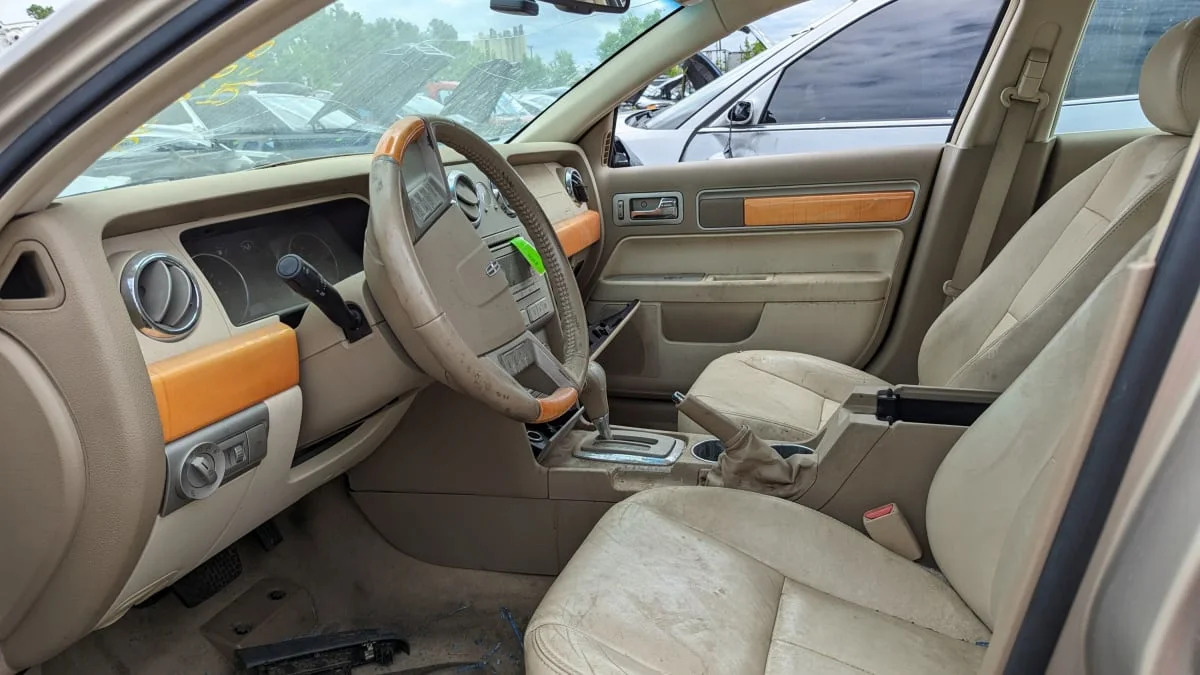
The interior of the 2006 Zephyr was quite similar to what you got inside the Fusion and Milan, but with real wood (maple or ebony) trim and standard leather.
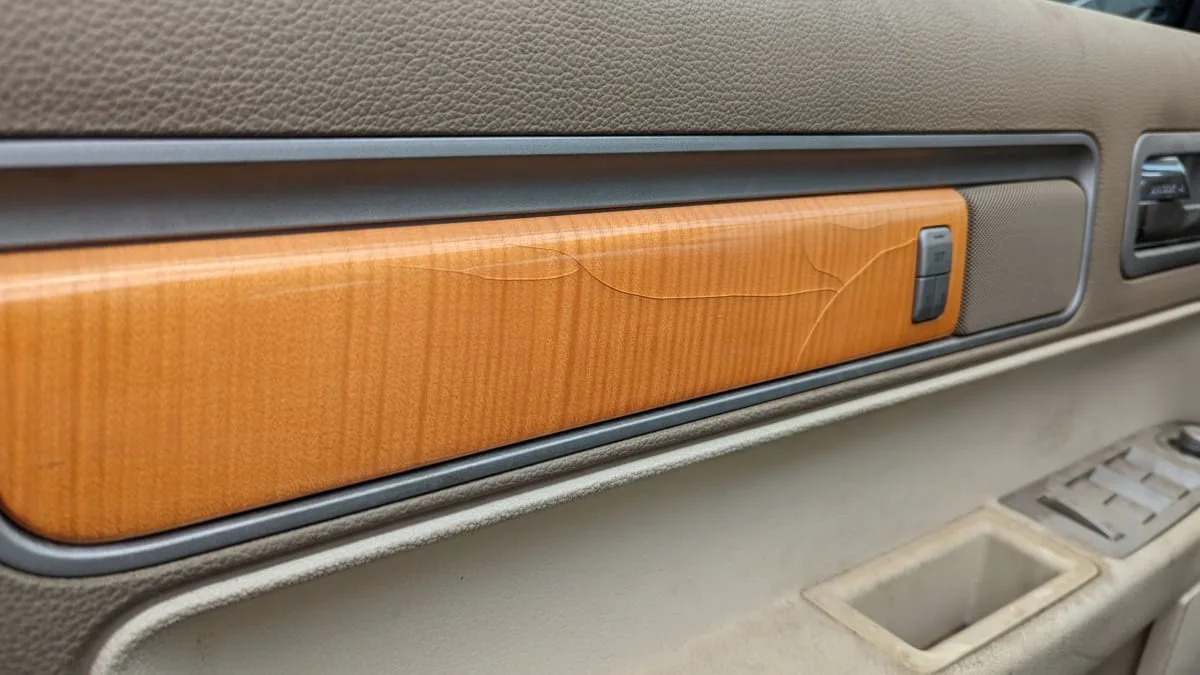
The maple in this car has held up reasonably well, by the standards of car-interior wood at age 17.

This car has severe front-end damage, so we can’t admire the most un-Fusion/Milan-like grille and HID headlights. The Zephyr/MKZ didn’t look much like its cheaper siblings at a glance.
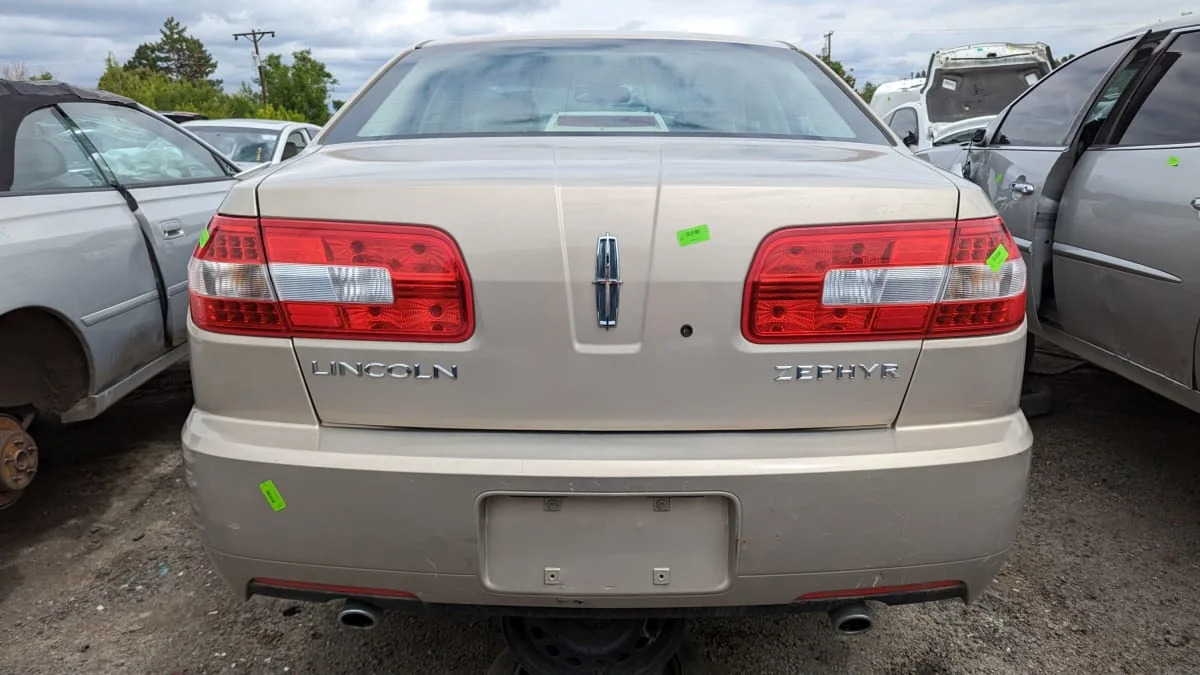
Our reviewer back then felt that the Zephyr’s taillights were “grandiose” and belonged on a Navigator, and that its likely sales rivals would be the Acura TSX, Buick Lucerne and Hyundai Azera.
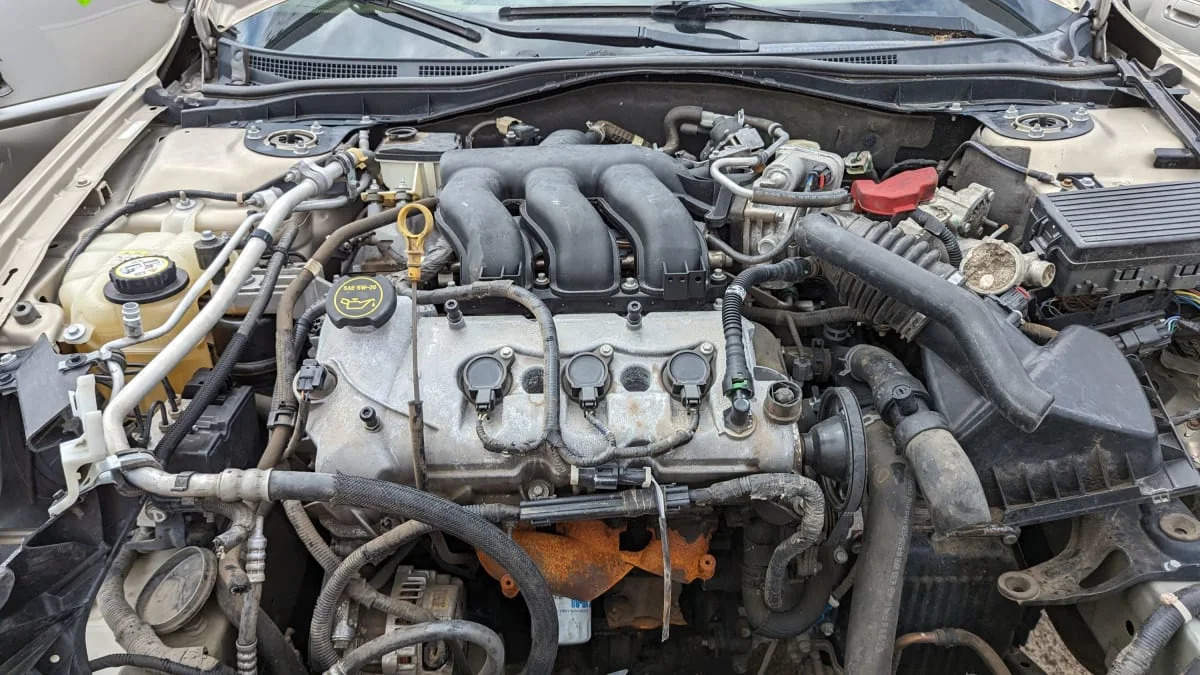
Under the hood was the same 3.0-liter, 221-horsepower Duratec V6 found in high-zoot versions of the Fusion and Milan that year. The only transmission available in the first-generation Zephyr/MKZ was a six-speed automatic.

This car’s MSRP was $28,995, or about $44,697 in 2023 dollars. The 2006 Mercury Milan started at $18,345 ($28,280 today), while the Fusion could be had for as little as $17,145 ($26,430).
Most of the under-60-something vehicle shoppers targeted by these “reach higher” Zephyr ads were looking at new SUVs by the mid-2000s.
Perhaps Changan Ford will bring back the Zephyr name… or Ford of Mars might do so for an antimatter-powered monowheel machine in a half-century.
Read the full article here


